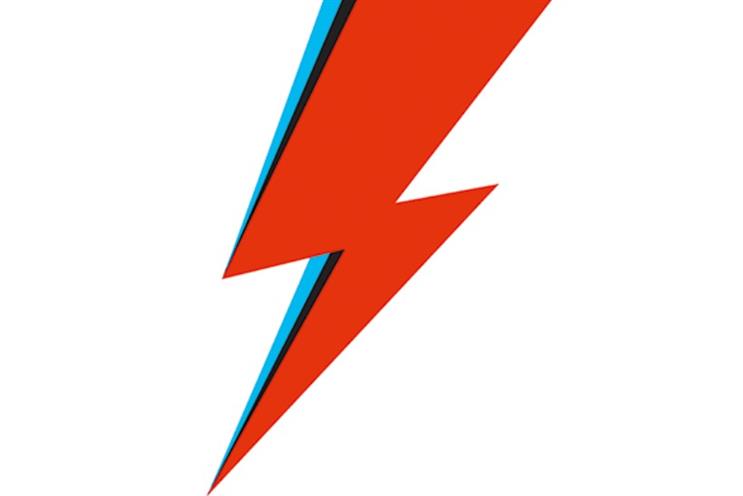
Mel Exon is managing director, BBH, and co-founder of BBH Labs.
The news of David Bowie's death hit us all hard. He was all the things we knew him to be: iconoclast, maker, musician, writer, self-consciously an artist. He was magical and mercurial in ways most of us don’t get close to. You can’t "be a bit Bowie", but he made it OK to be different.
His songwriting and his recordings may have been the way he had most impact, but he also thought about the experience of music and the relationship between artist and audience, more than most. I suspect he understood mass communication and what technology can do in that context better than the majority of marketers.
I’m reminded of an interview Bowie did with Jeremy Paxman in 1999. The only clue you get that this is 17 years ago is the fact that Paxman looks alarmingly young. Meanwhile, Bowie is a latter-day Dorian Gray meets Marshall McLuhan; his usual charismatic, clever, ageless self. But what’s extraordinary is the prescience of what he has to say. By the end, he has, in essence, described the internet as if he’s in 2015.
"[In the past] music had a call to arms to change things, now it’s a career opportunity. The internet now carries the flag for being subversive… cha-otic…There is a new demystification process going on between the artist and the audience [enabled by the internet]… The idea is that the piece of work is not finished until the audience come to it and add their own interpretation… what a piece of art is about is the grey space in the middle. That… is what the 21st century is going to be all about."
What’s particularly striking is his focus on the change in how content will be consumed and the human experience he imagines will come to be enabled by the internet (while others at the time were talking ‘dotcom bubble’ and writing the thing off entirely).
The human experience
I’ve written here before about how this past year or so has felt like a transitional period in technology. No major breakthroughs hitting the mainstream. No drone-led revolutions. Just incremental, iterative evolution. This year’s CES, the global consumer electronics tradeshow that takes place in Las Vegas every January, was a case in point.
But perhaps 2016 is the year in which the human experience – or CX (customer experience) – that Bowie talked of will really come home to roost.
We’re seeing this happen in two ways.
First, in the flashier, futuristic sense, as the long-awaited consumer version of Oculus Rift hits the market with first shipments arriving at the end of March. Rift has launched primarily as a personal gaming and entertainment VR device, with other players hot on its tail, such as HTC Vive and PlayStation VR.
Plugging in
However, Facebook’s purchase of the Oculus platform in 2014 suggests Rift’s near future will centre on using VR to connect people, every day, around the things that matter to them. If so, this launch is just the first step to a very different experience of the Facebook we know.
Second, and closer to home, our grasp of customer experience is, slowly but surely, maturing in marketing departments; seeing a user journey as more agnostic and seamless, versus the siloed approach taken in the past, with opportunities to drive consideration and conversion no longer necessarily sitting at opposite ends of that journey.
Being clear about the role of each touchpoint, but planning, investing and optimising a journey across the touchpoints. And, yes, at its most rewarding, the product or content sitting in the "grey space" between user and artist (brand) that Bowie talked about nearly two decades ago.
It occurs to me that, in these dark days of winter, it’s all too easy to turn over and stay under the duvet. Instead, let’s make 2016 the year we take a leaf out of Bowie’s book and stay curious and inventive. As he put it: "I don’t know where I’m going from here, but I promise it won’t be boring."


